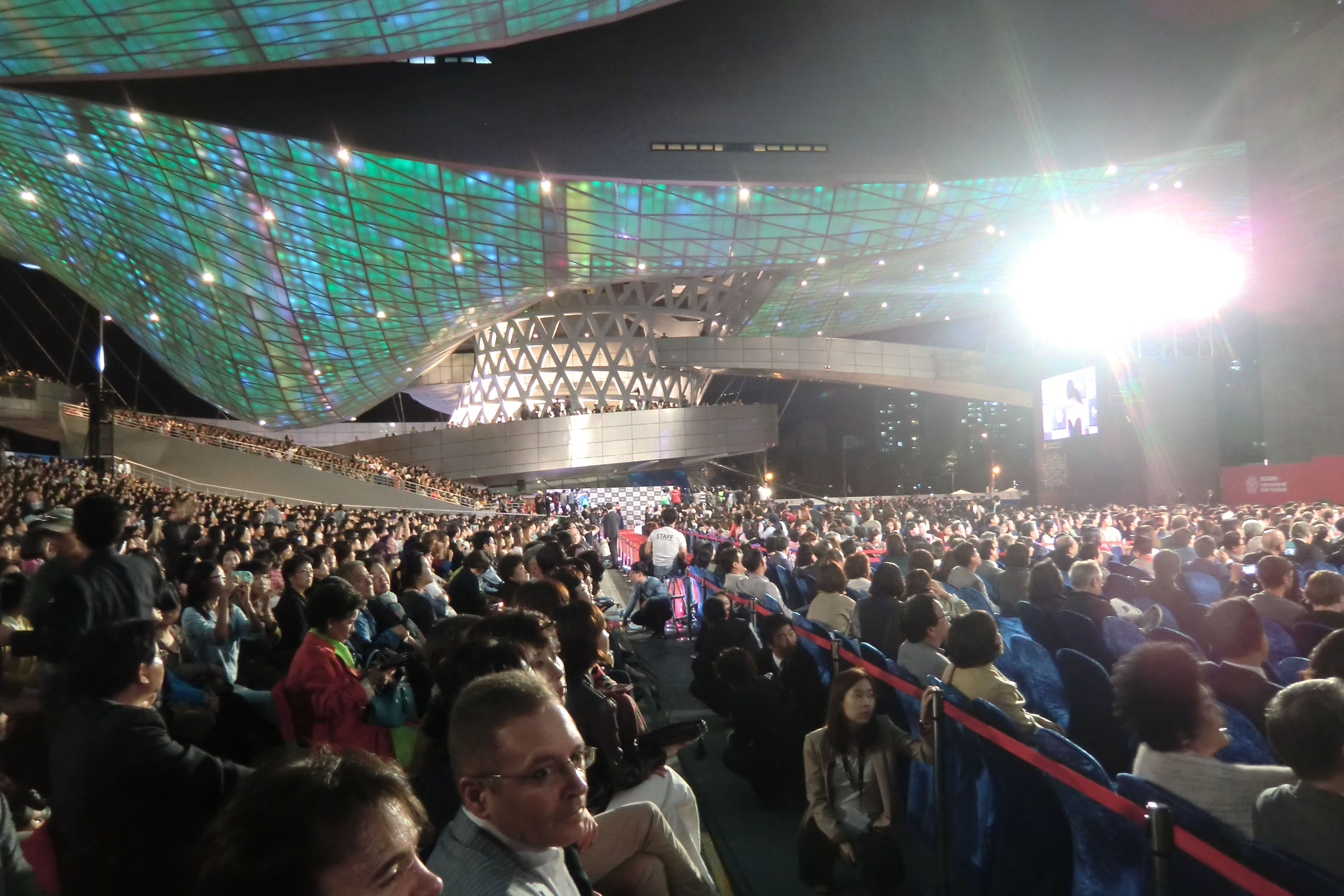During the Q&A session after the screening of his new film "Stray Dogs" at the 18th Busan International Film Festival, which ran Oct. 3-12, Taiwanese director Tsai Ming-liang mentioned that not only was his previous film not distributed in South Korea, it wasn't even shown at BIFF. Tsai was one of the pioneering Asian film artists of the 1990s, and his gregarious personality used to be a fixture at the festival. He wasn't being critical of BIFF for ignoring him, just acknowledging how different the situation is now.
Though BIFF is still the most important annual film event in Asia, its status as the world's main venue for Asian cinema is not as assured as it once was. Ninety-five of this year's 301 offerings were world premieres, but most were Korean and none were by world-renowned Asian filmmakers from other countries. Those directors all want to debut new work at major festivals in the West, a desire those festivals are happy to accommodate, but it has increasingly left BIFF with fewer high-profile premieres.
This year's opening film was "Vara: A Blessing," from Bhutan, directed by Khyentse Norbu, a Buddhist priest. The festival could say it's Norbu's first feature in 10 years, but it's not as if the film community was wondering what happened to him. Some said the choice was in keeping with BIFF's championing of smaller markets, but "Vara" was also an international production, even if it had limited global appeal with its love story set in a rural village against a backdrop of traditional Bharatanatyam dance. The movie was shot in India with local cast and crew and one of the producers is American. All the dialogue is in English.


















With your current subscription plan you can comment on stories. However, before writing your first comment, please create a display name in the Profile section of your subscriber account page.